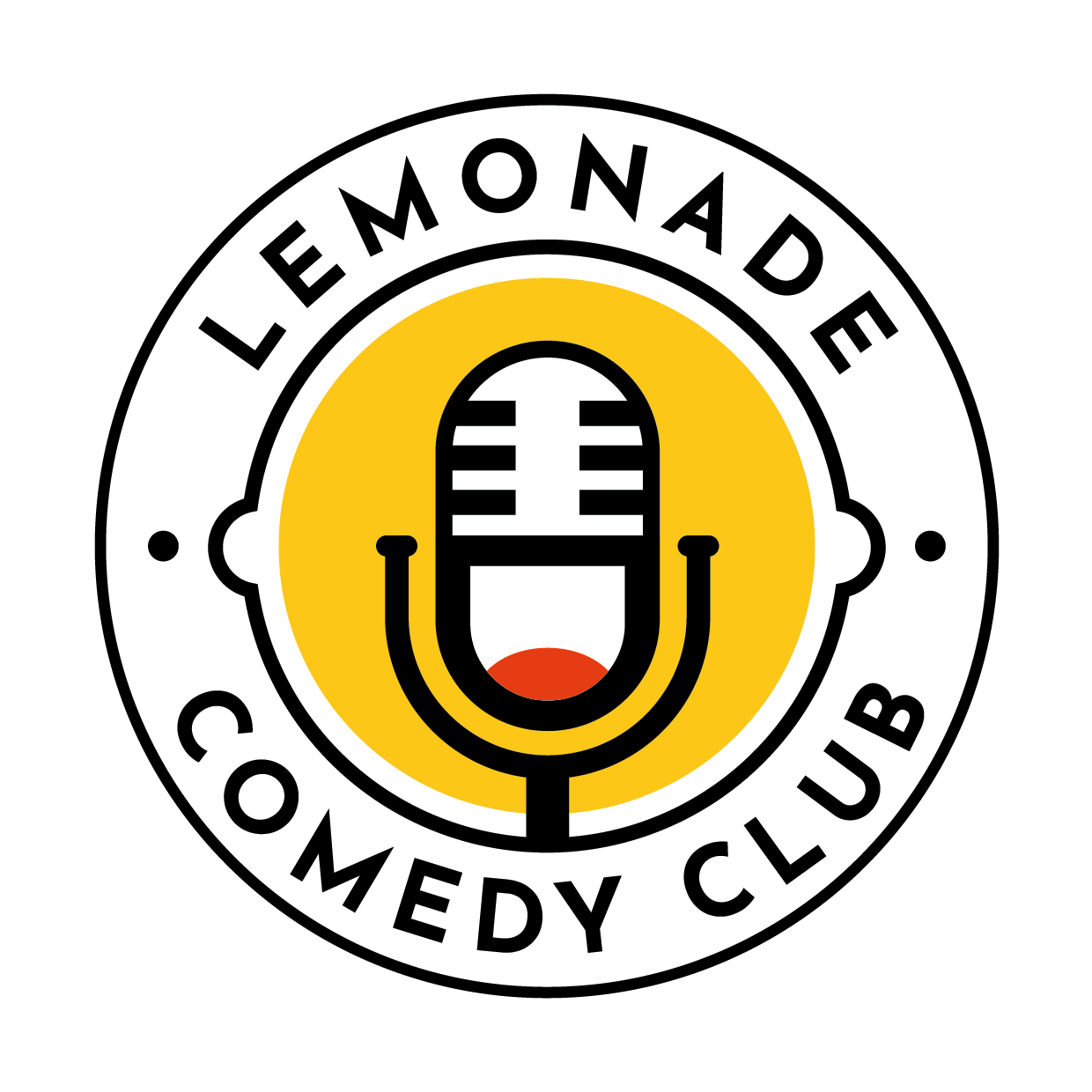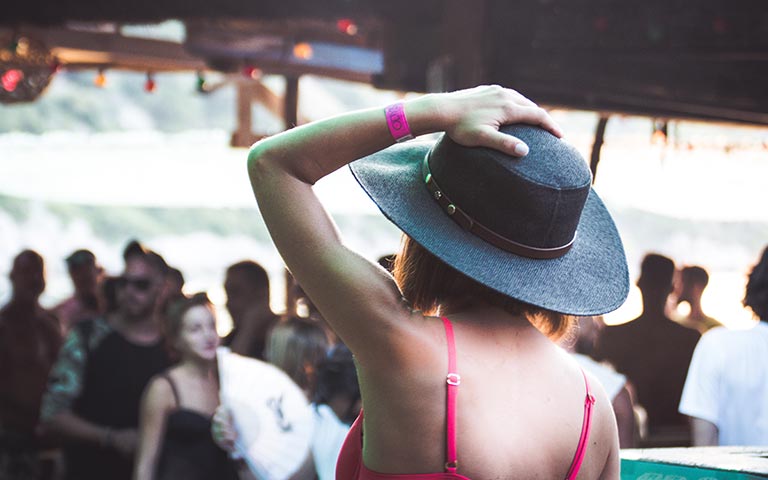It’s Time to Start Somewhere
Gorkem Cinar –
Dear reader,
As I begin writing, I could have made a flashy start with phrases like “The power of words” or “Storytelling,” but I didn’t want this to be a boring piece. It wouldn’t feel sincere either.
Right now, I’m writing these lines on a flight from Izmir to London. Why am I sharing this detail? Honestly, I don’t know. But I needed to start this writing from somewhere. Just like how I need to start with humor…
Having spent my childhood and youth reading humor magazines, my greatest desire was to draw cartoons. However, since I lacked drawing skills, my connection with humor magazines remained that of a good reader. But one day, I wanted to grasp humor by its arms and pull it towards me like an eager tango dancer (yes, biting a red rose).
How should a stand-up routine be written? How can timing be used most effectively? How can each new joke be improved to be better than the last? What if they don’t laugh? These were all unknowns in a very complicated equation.
The only thing I knew was how to make people laugh.
I always dreamed of doing Turkish comedy in London, but there weren’t many opportunities to do so. Until I met the “Lemonade Comedy Club.” (This part was added by the boss.)
Everything started by participating in the Open Mic. I began by sharing my amusing observations with the audience and, after receiving positive reactions and laughter, I became part of the team.
Over time, I realized what was important in a comedy club:
- A team that approaches its comedians with compassion and shares their mistakes with kindness.
- A team that seeks answers to the question, “How can it be done better?”
- A team that supports you both on nights when you get laughs and when there’s silence.
- A team that promptly evaluates feedback from comedians and the audience (yes, promptly).
All of the above made this club one that answers the question, “What should a comedy club do to provide comfort to its comedians?” (I wrote this part myself. Seriously.)
So, as a budding comedian (whatever that means), how has my life changed over time?
- I’ve started taking more notes.
- Instead of going for the first joke that comes to mind, I try to create more layered jokes.
- I can’t shake the thought of, “Will I be funny tomorrow?”
- I’ve participated in more Open Mics to gain stage experience and test new jokes.
- I’m aware that jokes I think are funny might not be funny to everyone, and I’m searching for ways to turn that to my advantage (still haven’t found it).
- I’ve concluded that those who comment, “He didn’t use any facial expressions,” may want to laugh but couldn’t due to a medical issue, and they want to express that.
- I strive to present jokes as simply as possible.
- Sincerity: being exactly who you are.
But I think another important factor is being able to capture the audience in the first seconds without resorting to “audience flattery.” The last principle I mentioned—sincerity—summarizes this beautifully.
As in all forms of art, originality is very important in humor as well. There will inevitably be inspirations or influences from different comedians, but these influences should never turn into copying or imitation. The audience picks up on that immediately, and you start to lose them. As Tarkan said, “Don’t be someone else, be yourself. You’ll be much funnier that way.”
By consistently participating in Open Mics, we can experiment with new jokes and also have the chance to refine those we’ve tested before. I compare jokes to comedians. Over time, they find their best form as they experience different audiences. I think once this harmony is achieved, both the comedian and the jokes stand on stage in their “best form.”
If time allows during an Open Mic, I like to start with a previously tested joke that received positive feedback before introducing a new one. This helps reduce the excitement and prepares the audience for the next “new” joke. I call this the “base.” It’s like having a light snack before drinking rakı to prepare your palate for the alcohol.
Giving a joke that hasn’t received a reaction one last chance is also important. Sometimes, you may experience a night when even your most trusted joke doesn’t get a laugh. Perhaps the audience didn’t connect, or you weren’t on your game. But if you still believe in that untested joke, I think it deserves one last chance. The first steps of a joke are just as important as its maturity.
As I mentioned earlier, I’m still quite new to humor production and stand-up. Therefore, I don’t have an audience that knows me yet (not yet). So every time I take the stage, I have something in mind. The audience doesn’t know me, and the attendees come in thinking, “We heard there’s a Turkish stand-up night, so we came,” which makes my job a bit tougher.
When telling a joke that lacks a reference for the audience, some content needs to be provided. For instance, before making an offside joke to someone who has never watched football, you should explain what an offside is, or when telling a joke that someone from a particular culture might understand, it may be necessary to clarify it for someone from a different culture. However, what’s important here is that the explanation should be as quick and clear as possible. Otherwise, the audience will get bored and, to put it bluntly, start “tuning out.” Thus, making jokes that appeal to the “general” audience will save a comedian from this burden.
Another thing that makes me happy on this journey is seeing that the perspective I’ve created is accepted and laughed at in different contexts as well.
Since I believe that a person can have a better narrative in their mother tongue and express themselves more clearly, performing humor in Turkish is a great comfort zone.
I’d like to thank the “Lemonade Comedy Club” family for providing this space for us “budding” comedians. (I added this last part after promising I’d be the opening comedian at the next Open Mic.)

